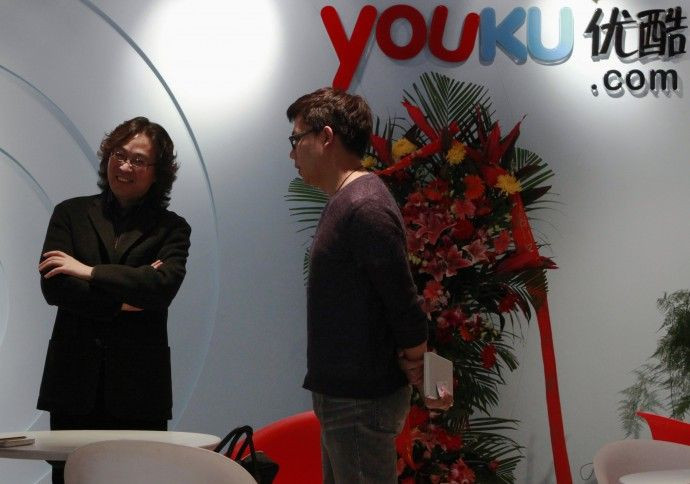Chinese YouTube Youku's IPO draws eye-popping demand

New shares of Chinese online video broadcasting company Youku (NYSE:YOKU) are selling like it's 1999.
Youku, which some refer to as the Chinese YouTube, was priced at $12.80 per share in its Dec. 8, 2010 IPO. At the closing of December 9, its shares soared to $42.70, rising 234 percent.
It returned a whopping 161 percent in its Wednesday debut alone, which is the largest first-day IPO pop since Baidu (NASDAQ:BIDU), the Chinese Google, surged 354 percent on the day of its 2005 IPO, according to Renaissance Capital, an IPO research and investment firm.
Youku, then, takes the title of the best performing IPO in the post-financial crisis era.
Youku is a technology and content innovator that is changing the way China interacts online, and with its NYSE listing is offering U.S. investors an opportunity to participate in its growth story, said Duncan Niederauer, CEO of NYSE Euronext.
This step will position Youku for future development and growth to be the primary video content provider for Chinese Internet users across all Internet-enabled devices, said Youku founder Victor Koo.
Youku raised a total of $203 million through its IPO. At Wednesdays' closing level, Youku was valued at $3.7 billion, or 78 times its annual sales, according to Renaissance.
Investors clearly [believe] the company can grow sales significantly faster than 50 percent annually and also scale margins rapidly, said Renaissance.
While the performance of U.S.-traded Chinese stocks have been mixed, those with the strongest growth profiles and the most clear exposure to the country's economic growth and emerging middle class have tended to perform well, said Renaissance.
For example, Dangdang (NYSE:DANG) (the Chinese Amazon.com), which also debuted on Wednesday, returned 87 percent on the day of its IPO. At Thursday's closing, it returned a total of roughly 100 percent.
© Copyright IBTimes 2024. All rights reserved.





















